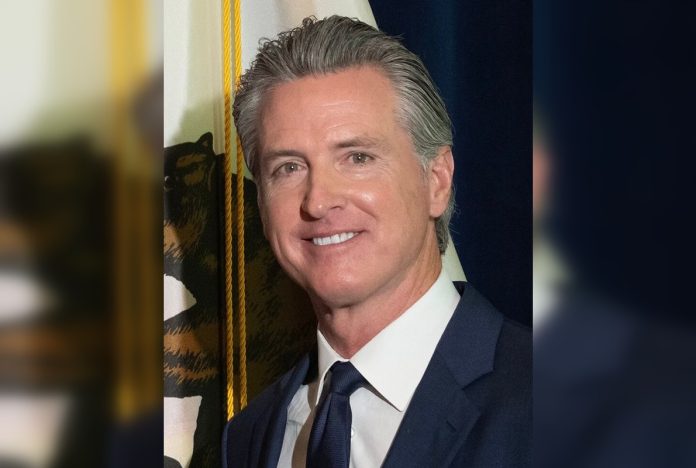Gov. Gavin Newsom’s recent signings and vetoes on a slate of reparations-related bills set off a sharp rift in Sacramento, with community advocates publicly criticizing the California Legislative Black Caucus. The governor signed measures to create a bureau to verify descendants and to fund genealogical research, but he vetoed several bills advocates had pitched as immediate remedies. The result is a rare public split between grassroots organizers pressing for direct redress and lawmakers who say they are building the administrative and legal scaffolding for future programs.
In an official legislative update, Newsom’s office listed AB 7, AB 57, AB 62 and AB 742 among the bills he vetoed while signing SB 518 — the Bureau for Descendants of American Slavery — and SB 437, which authorizes up to $6 million for the California State University to develop methods to verify descendant status. The governor’s veto messages say some measures were “unnecessary” or carried legal and fiscal risks. As the governor’s legislative update and coverage by the Associated Press make clear, the package left both wins and losses for the reparations movement.
Advocates Take Aim At The Black Caucus
Grassroots organizers say the caucus’ strategy has produced delay, not repair. The Coalition for a Just and Equitable California called the signed measures a diversion and declared, “Reparations delayed, Reparations diverted, is Reparations denied,” a criticism quoted in reporting by the AP. Local outlets also captured the sharp tone: The Sacramento Observer reported advocates openly pressing the caucus for a bolder agenda.
Legal Headwinds And Practical Concerns
Newsom’s team and legal advisers warned that ancestry-based set‑asides and special funding could invite costly litigation under California’s Proposition 209 and recent U.S. Supreme Court rulings on affirmative action. Observers say those legal constraints — plus concerns over federal funding exposure — shaped the governor’s veto decisions. Reporting by KQED and CalMatters lays out the constitutional and political considerations that limited what could realistically be enacted this year.
Black Caucus Calls It A Foundation
For their part, Legislative Black Caucus leaders framed the signed bills as necessary building blocks. Sen. Akilah Weber Pierson, chair of the caucus and the sponsor of the bureau bill, said the measures “represents hope, responsibility, and a commitment to make right what was wrong for far too long,” according to AP News. The caucus says the bureau and CSU work provide administrative capacity for future reparations programs and plans to regroup to refine the agenda for 2026.
What Happens Next
The new bureau cannot begin work without funding and implementation details that will need to be approved by the governor and Legislature, which leaves a wide window for litigation, negotiation and political organizing. Advocates say they will continue protests and pressure campaigns while lawmakers consider how to recraft proposals that can survive court challenges. Local reporting and analysis suggest the conversation will continue into next year’s session as both sides map a path forward; see coverage from KPBS for more on what officials and activists are planning.
In Sacramento, where the debate over how to repair historic harms was first given official state attention, the fallout is already a local story — and one likely to shape the Black Caucus’ priorities at the Capitol next year. The Sacramento Observer tracked the rift as it unfolded today.




